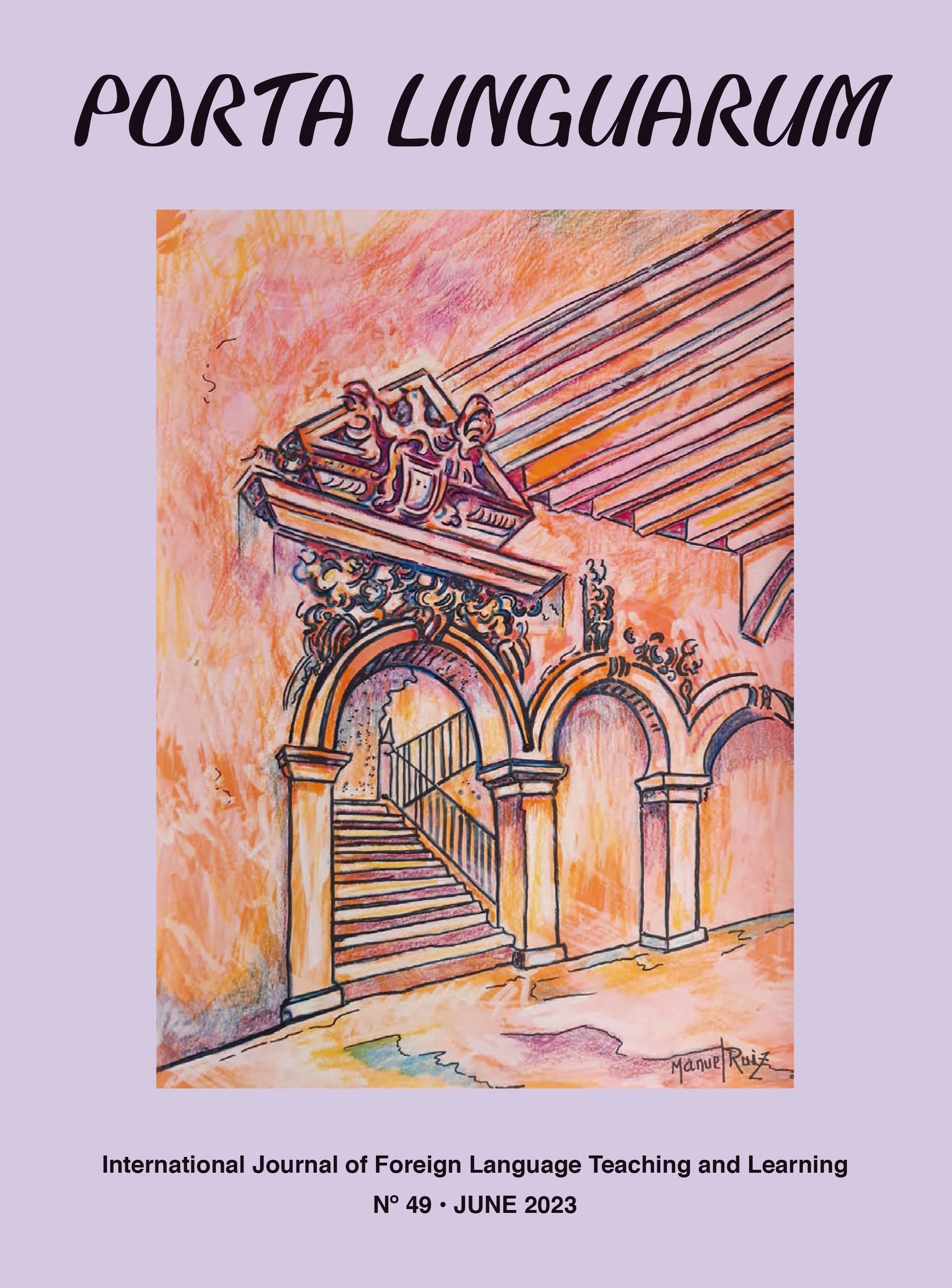Digital games in language learning: Case studies and applications. Mark Peterson & Nasser Jabbari (eds.) (2023). Routledge, pages 183. ISBN: 978-1-032-14597-6
DOI:
https://doi.org/10.30827/portalin.vi40.26022Keywords:
digital game-based language learningAbstract
Realizing the trending topic of digital game-based language learning (DGBLL), researchers have to date carried out a growing body of studies to explore the edutainment potentials of a variety of digital games for foreign language teaching and learning (Li, 2021; Li, Meng, Tian, Zhang, & Xiao, 2021). Despite the importance attached to DGBLL and the large number of research that has been conducted, there has been no book volume providing a window into the theoretical and practical developments with a systematic, thorough examination of DGBLL research. Clearly, the field is in pressing need of a book volume that serves as a one-step reference where foreign language (FL) practitioners, game and instructional designers could have access to knowledge about DGBLL. To bridge the gap, this book volume would constitute a timely initiative that advances our comprehensive understanding of how digital games could be adopted in language learning.
Downloads
References
Li, R. (2022). Research trends of blended language learning: A bibliometric synthesis of SSCI-indexed journal articles during 2000–2019. ReCALL, 34(3), 309–326.
Li, R., Meng, Z., Tian, M., Zhang, Z., & Xiao, W. (2021). Modelling Chinese EFL learners’ flow experiences in digital game-based vocabulary learning: The roles of learner and contextual factors. Computer Assisted Language Learning, 34(4), 483–505.



















